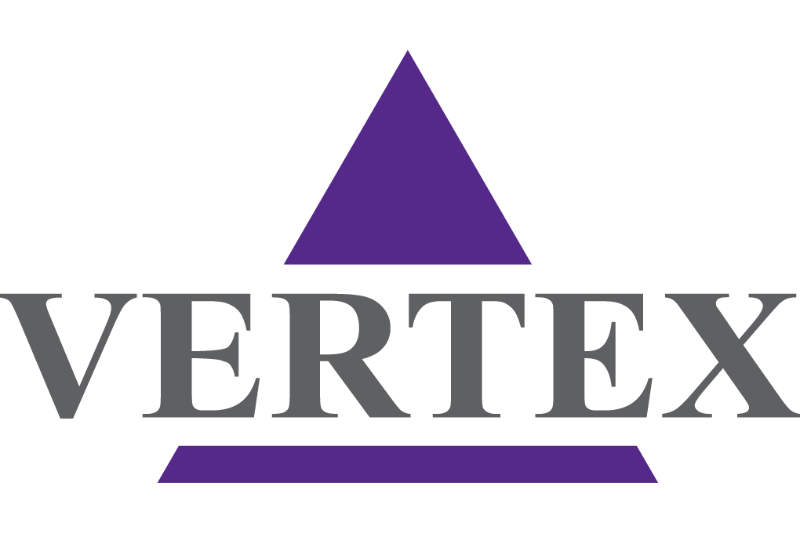Article
New Triple Combo Regimens Could Treat Underlying Cause of Cystic Fibrosis
Author(s):
Vertex Pharma’s new Phase 1 and 2 data could help patients with F508del/Min mutations – a severe and difficult-to-treat form of Cystic Fibrosis.

Vertex Pharmaceuticals has announced positive data from Phase 1 and Phase 2 studies that demonstrated the potential for 3 different triple combination regimens to treat the underlying cause of cystic fibrosis in patients with certain mutations.
In the phase 2 studies, people with cystic fibrosis (CF) who have one F508del mutation and one minimal function mutation (F508del/Min) showed mean absolute improvements in percent predicted forced expiratory volume in one second (ppFEV1) of 9.7 and 12 percentage points from baseline for the triple combination regimens with VX-152 (200mg q12h) or VX-440 (600mg q12h) respectively.
Initial data from a phase 1 study showed a mean absolute improvement in ppFEV1 of 9.6 percentage points from baseline for the triple combination regimen of VX-659, tezacaftor and ivacaftor in people with one F508del mutation and one minimal function mutation.
Vertex also announced initial data showing improvements in mean absolute ppFEV1 of 7.3 and 9.5 percentage points when VX-152 or VX-440 was added in people with two copies of the F508del mutation, who were already receiving tezacaftor and ivacaftor.
According to a company statement, the triple combination regimens were generally well tolerated across all studies. Most adverse events were mild to moderate in severity. Moreover, the discontinuation rate due to adverse events was low.
The most common adverse events were infective pulmonary exacerbation, cough, sputum increased and diarrhea. These occurred in less than 10% of patients, regardless of treatment group.
“These safety and efficacy data are clear and compelling, indicating significant potential benefit for people with CF from each of these three different triple combination regimens,” said Jeffrey Chodakewitz, MD, executive vice president and chief medical officer at Vertex. “We will be collecting and evaluating additional data from these and other studies and will make a decision on which regimen(s) to take forward into pivotal program(s), which we expect to begin in the first half of 2018.”
Following the release of this data, Vertex has accelerated the development programs of VX-445 and VC-659. A VX-445 phase 2 study is currently in progress and a VC-659 phase 2 study will begin in August.
VX-445 and VX-659 will be monitored in triple combination with tezacaftor and ivacaftor in people with one F508del mutation and one minimal function mutation, and will be evaluated in people with two copies of the F508del mutation who are already receiving tezacaftor and ivacaftor. Data from these trials is expected to emerge in 2018.
“Patients with minimal function mutations have been waiting for a medicine to treat the underlying cause of their disease, which makes these data showing pronounced improvements in lung function particularly important” said Steven M. Rowe, M.D., M.S.P.H., Professor of Medicine, Pediatrics, and Cell, Developmental and Integrative Biology, University of Alabama at Birmingham. “It’s also encouraging to see that the addition of a next-generation corrector may lead to substantial additional benefits for patients with two copies of the F508del mutation, who were already receiving tezacaftor and ivacaftor".




